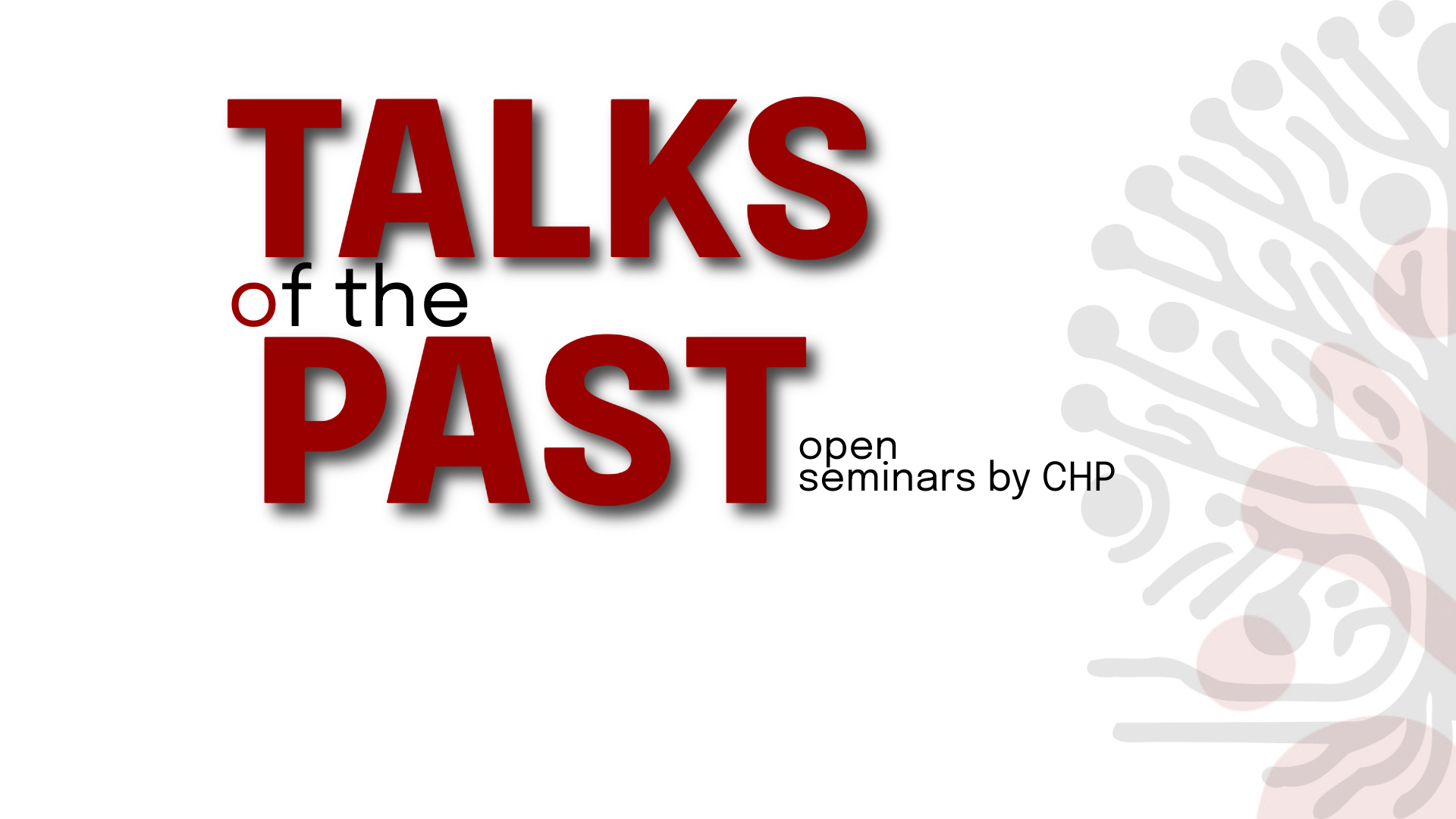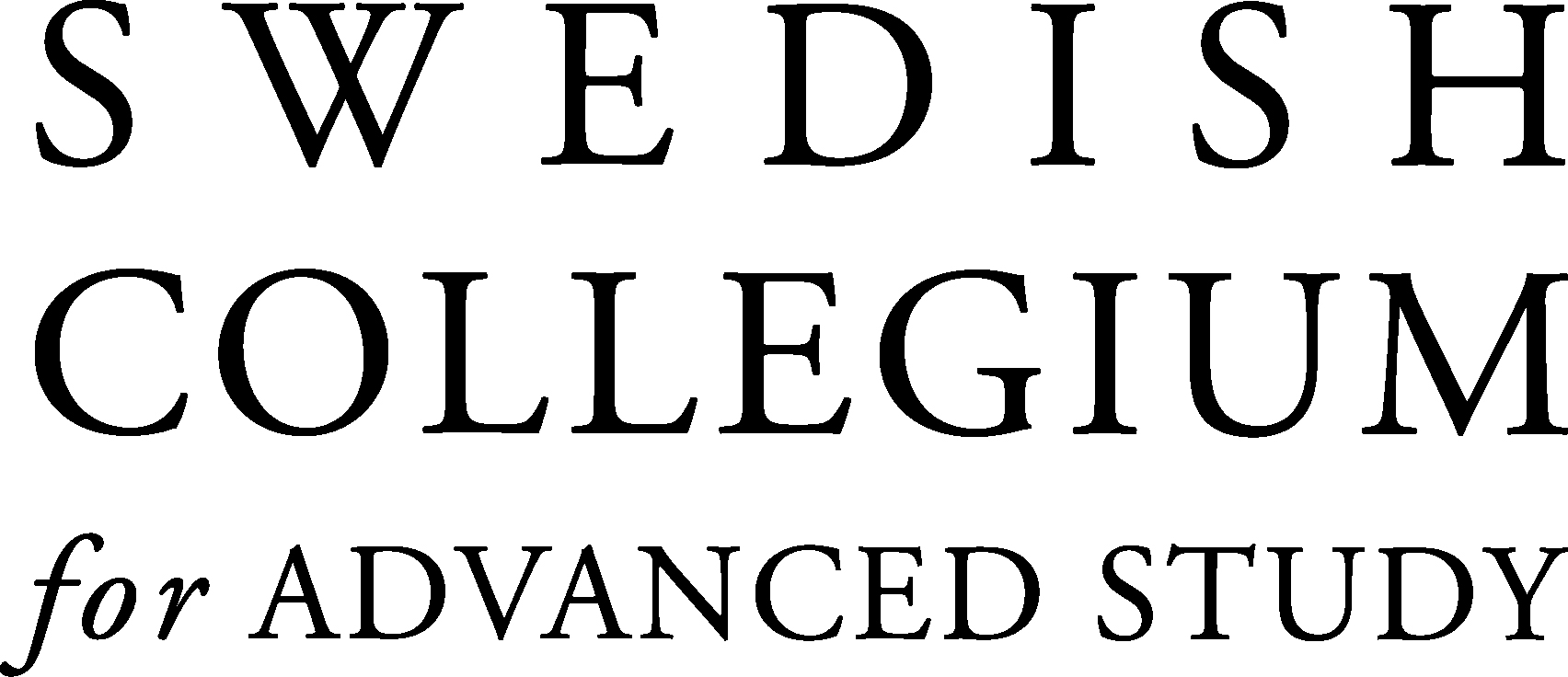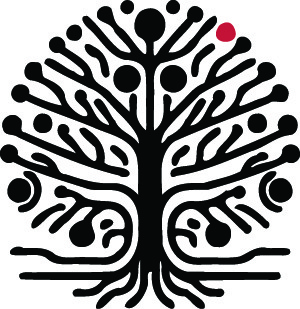
Events
-
-

-
-

Talks of the Past (ToP) Open Seminar, Dec 4th, 2024: The Language Families of the World: Current State and Future Perspectives, speaker Harald Hammarström
Blåsenhus, UU, lärosal 21:136 von Kraemers allé 1, Uppsala, SwedenAbstract The approximately 7,000 languages of the world is currently divided into no less than 422 lineages (= families + isolates) by the orthodox evidential criteria of Glottolog (glottolog.org). Should we believe this number? To what extent is it subjective, consistent in meta-properties and dependent on the amount of research and documentation? The time-depth of […]
-
-
-

Talks of the Past (ToP) Open Seminar, 5th Feb, 2025: 6000 years of ancient foodways in NE Baltics: biomolecular methods and social implications, speaker Ester Oras
Blåsenhus, UU, lärosal 13:028 (plan 1)Abstract Biomolecular archaeology has taken a leading role in ancient dietary reconstructions. The molecular- and isotopic-level information gained from ancient skeletal remains and pottery can reveal a more cohesive but also nuanced picture of past foodways, thanks to its higher-resolution analytical capacities in terms of both obtained information and context-specific interpretations. This talk will exemplify […]
-

SCAS SEMINAR – Pastoralists and Agriculturalists in the Rigveda and Beyond, speaker: Axel Palmér
Thunberg Hall, Linneanum Thunbergsvägen 2, Uppsala, SwedenOur Human Past Fellow Axel Palmér will deliver a talk on his current research project at one of the Swedish Collegium for Advanced Study (SCAS) seminars. Welcome!
-

Journal Club discussion
Article: “The genetic origin of the Indo-Europeans”
-
-

Talks of the Past (ToP) Open Seminar, 5th Mar, 2025: Prehistoric plant DNA and the agricultural history of the Canary Islands, speaker Jenny Hagenblad
Blåsenhus, UU, lärosal 13:028 (plan 1)Abstract The intimate relationship between humans and crop plants means that traces of human cultural practices become embedded in the crop genome. Aspects of past cultures not documented in written records can consequently be studied with genetic analyses of archaeological crop remains. Such analyses, however, come with their own particular set of challenges, not the […]
-
-
-

Talks of the Past (ToP) Open Seminar, 2nd Apr 2025: Uralic spread, Seima-Turbino and flower pots, speaker Outi Vesakoski
Blåsenhus, UU, lärosal 13:028 (plan 1)Abstract The seminal paper by Grünthal et al. (2022) advances a new scenario of Proto-Uralic disintegration and spread. They suggest a rapid spread of Uralic languages through Common Uralic, a dialect continuum whose breakup formed the Finno-Ugric language families. They suggest that the vector for Uralic spread was the Seima-Turbino trading network (ST), within which […]
-

Biomolecular Humanities Practical Workshop & JC Discussion
Villa Lugnet von Kraemers allé 8, Uppsala, Sweden, SwedenThe workshop, led by Jerome de Groot, Ester Oras, Jess Thompson, Christopher Vardy, and Matthew Williams, follows up on the discussions from last year. This interactive workshop will begin to explore collaboration and possible Biomolecular Humanities approaches. Through a consideration of approach and disciplinary practice, we will begin to establish ways that we might work […]
-

Human Past Journal Club
Villa Lugnet von Kraemers allé 8, Uppsala, Sweden, SwedenCesar A. Fortes-Lima, Mame Y. Diallo, Václav Janoušek, Viktor Černý, Carina M. Schlebusch. (2025). Population history and admixture of the Fulani people from the Sahel, The American Journal of Human Genetics, Volume 112, Issue 2, 2025, Pages 261-275. https://doi.org/10.1016/j.ajhg.2024.12.015 Simões, L.G., Günther, T., Martínez-Sánchez, R.M. et al. (2023). Northwest African Neolithic initiated by migrants from Iberia and […]
-
-

Talks of the Past (ToP) Open Seminar, 7th May, 2025: Discussing mobility and cultural change in the context of Aegean Neolithization, speaker Mehmet Somel
Blåsenhus, UU, lärosal 13:028 (plan 1)Abstract Mehmet Somel will present some recent results on the first steps of the Neolithic expansion westward, “out-of-Anatolia”. For this study, his group generated 30 new paleogenomes from six settlements in West and Central Anatolia dating to c.10,000-8,000 years ago. The researchers further compiled a digitalized material culture dataset comprising 58 cultural elements, from architecture […]
